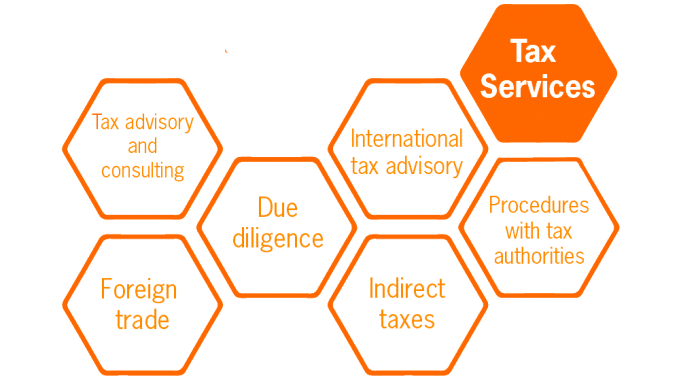
- The agreement enhances integration and cooperation frameworks in tax matters, and consolidation of financial, economic and investment partnership between the two countries
- It provides a more flexible investment climate that underscores the country’s position as a key investment destination
- More than 32 billion dirhams was the value of trade between Saudi Arabia and the UAE in 2017
The Avoidance of Double Taxation Agreement signed between the United Arab Emirates and Saudi Arabia has come into effect at the beginning of this month, after both countries completed the necessary procedures in accordance with their regulations.
The UAE, represented by the Ministry of Finance (MoF), signed an agreement with Saudi Arabia on the avoidance of double taxation on income and capital and the prevention of tax evasion, at the Saudi Ministry of Finance in Jeddah in May 2018.
The agreement aims to strengthen the cooperation in tax matters and consolidate the financial, economic and investment partnership between the two countries. This is in line with the UAE’s efforts to increase investment opportunities, encourage trade, and meet the country’s development goals through the diversification of sources of national income and full protection of goods and services.
H.E. Younis Haji Al Khoori, Undersecretary of MoF, affirmed that the effected agreement is an important step in enhancing bilateral relations between the two countries, especially in financial and economic spheres. H.E. said: “This agreement will contribute to a more flexible investment climate that will underscore the country’s position as a key destination for Saudi investments. This agreement represents a qualitative leap forward in terms of the framework of financial, economic and tax cooperation between GCC countries.”
H.E. added: “The Ministry of Finance aims to expand the network of bilateral double taxation avoidance agreements with various countries around the world to fulfil the vision of the wise leadership of the state in diversifying sources of income and advancing the development objectives of the state.
“These agreements contribute to the elimination of double taxation, facilitate cross-border trade and investment flows, and provide protection to taxpayers from direct and indirect double taxation. This in turn enhances the country’s investment climate and makes it more attractive as a destination for foreign investment.”
Investments of Saudi citizens and banks in the UAE were valued at 17.08 billion dirhams in 2017, whereas the number of economic activity licenses granted to Saudi citizens in the UAE reached 12,451 by end of 2017. According to official statistics, the volume of trade between Saudi Arabia and the UAE reached 32.93 billion dirhams in 2017, and the number of Saudi shareholders in the UAE joint stock companies reached 118,878 during the same year. The value of real estate transactions for Saudi nationals in the UAE was AED 59 billion in 2017, while the total number of property owners in the UAE was estimated at 4,989 by end of 2017.
The UAE is ranked second worldwide and first in the Arab world in terms of the number of avoidance of double taxation agreements. The number of agreements concluded between 1989 and 2018 reached 210, including 123 agreements to avoid double taxation, as well as 87 agreements to regulate and encourage investment, highlighting the country’s efforts in spreading knowledge related to double taxation issues in the region and worldwide.
The UAE is a strategic partner of the Organisation for Economic Cooperation and Development (OECD) in raising awareness of the importance of tax treaty issues at a regional level. This partnership has been recently strengthened by signing the three-year (2019-2021) extension of the MoU between the UAE and the Organisation for Economic Cooperation and Development (OECD). The MoU aims to provide support and assistance to countries in the MENA region in terms of tax conventions, and stipulates mutual cooperation between both parties in developing a better understanding of the practical application of international tax principles.



































